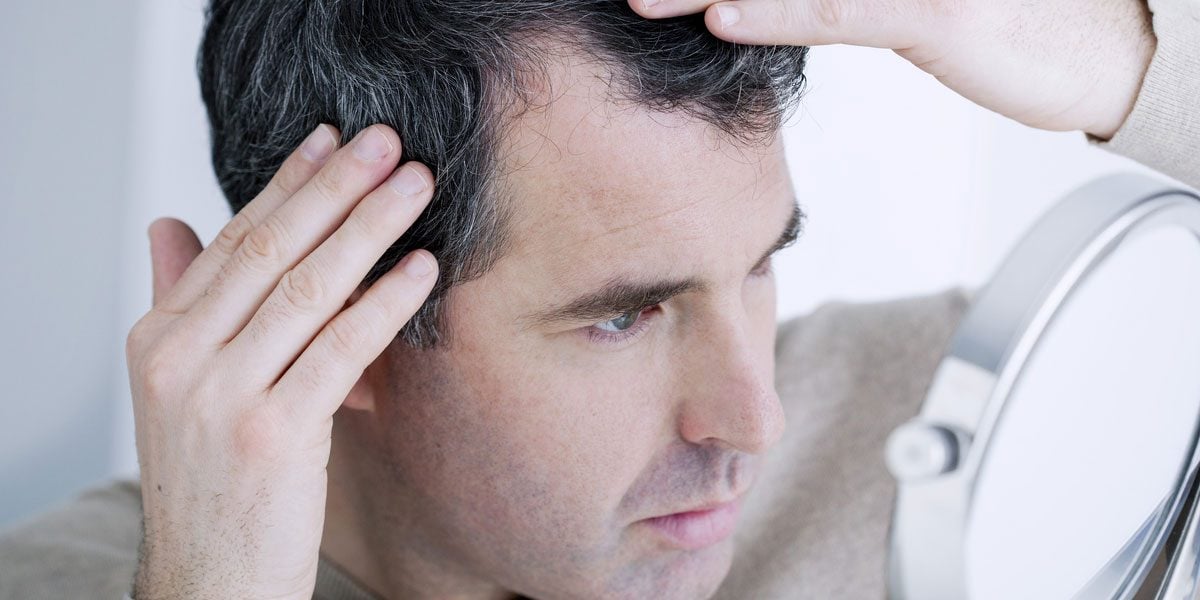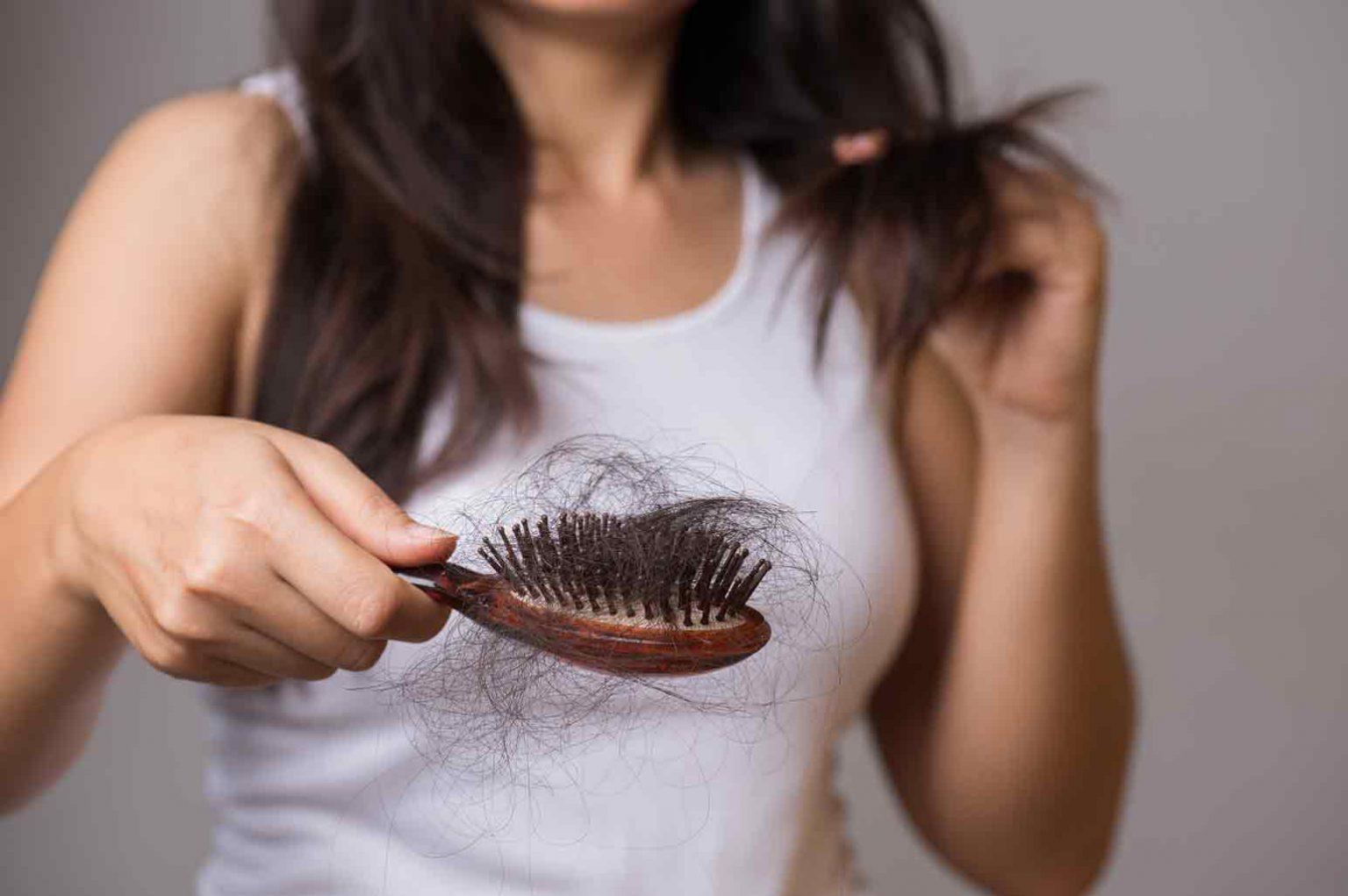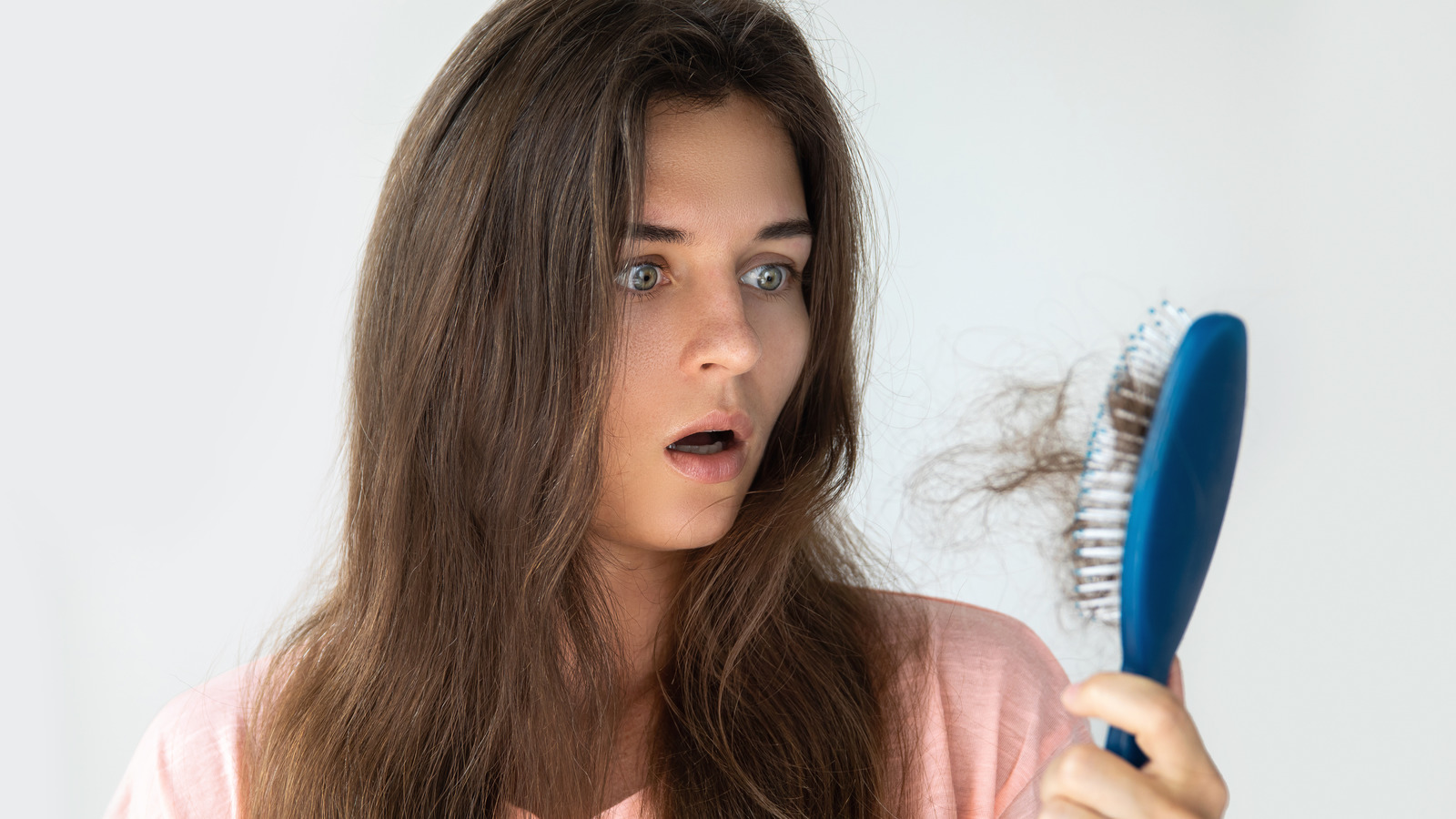Table Of Content

Chemotherapy treatment can damage hair follicles, causing the hair to fall out on the head and body. How much hair someone loses during chemo depends on the person and the drug used. Not everyone will lose their hair during treatment, while others may experience hair thinning or complete hair loss.
Which vitamin can help with hair loss?
After treating the STI, hair often starts to regrow. Left untreated, a sexually transmitted infection (STI) can lead to hair loss. Left untreated, syphilis can cause patchy hair loss on the scalp, eyebrows, beard, and elsewhere. Many people who have plaque psoriasis develop psoriasis on their scalp at some point.
Menopause
Minoxidil may irritate your scalp and cause dryness, scaling, itching and/or redness. In addition, a healthcare provider might recommend forms of light therapy like using the HairMax Lasercomb®. Another FDA-approved laser product is the Theradome LH80 PRO® helmet and low-light laser helmets and caps.

Symptoms
Hair loss occurs when new hair doesn't replace the hair that has fallen out. There are things you can try if your hair loss is causing you distress. But most treatments are not available on the NHS, so you'll have to pay for them. Essentially, this means there’s temporary hair loss where more hairs enter the telogen phase than what’s typical.
Medical Professionals
During telogen effluvium, hair shifts faster than usual from its growing phase into the “resting” phase before moving quickly into the shedding (or telogen) phase. “High-stress environments prevent the body from giving hair the TLC that it needs, causing hair to shed and fall out,” Dr. Goldenberg says. Hair shedding is different than hair loss, which is when hair stops growing. Reasons for hair loss include male or female pattern baldness, certain medications, and harsh chemical hair products. Depending on the cause, hair loss may or may not be temporary.
About half of all women will have hair loss at some point in life. Most start to notice it in their 50s or 60s, but it can happen at any age and for a variety of reasons. The thyroid gland in your neck makes hormones necessary to regulate breathing, heart rate, mood, and digestion.
You're most likely to see hair loss about 3 months after giving birth. That's because your estrogen levels drop after childbirth. If you're losing hair while pregnant, ask your doctor if you might have a dietary deficiency. It can show up if you wear tight braids or ponytails every day or regularly wear hair extensions or weaves.

Why You're Losing More Hair and the New Science to Help Regrow It - Oprah Mag
Why You're Losing More Hair and the New Science to Help Regrow It.
Posted: Mon, 11 Sep 2023 07:00:00 GMT [source]
Don't take any supplement before checking with your doctor. They may interact with other medications or supplements you take. It usually happens when you're in your late 50s or 60s. But you may start to notice it as early as your late teens -- and the earlier it starts, the more serious it tends to be. Hormone changes during menopause can also contribute to this type of baldness. The only way to treat poison-induced hair loss is to diagnose what poison you have been exposed to.
Menopause and hormone imbalances
Anagen effluvium causes large amounts of hair to rapidly fall out during the anagen (growth) phase of the hair cycle. It may cause hair to fall out from the head, as well as from other parts of the body, including the eyebrows and eyelashes. Telogen effluvium is usually a temporary condition that resolves over time, but it is advisable for people to contact a doctor to determine the cause. A doctor may need to treat the underlying cause of the condition to reduce hair loss. Males with this condition tend to lose hair from the temples and crown of the head.
Read on for more information about hair loss and how to manage it. You can prevent hair loss caused by chemical hair treatments by not using them. Alopecia areata is an autoimmune condition that causes hair to fall out suddenly. The immune system attacks hair follicles, along with other healthy parts of the body.
There are multiple reasons (including physical and psychological) that can cause you to shed more hair than usual. You'll soon start receiving the latest Mayo Clinic health information you requested in your inbox.
Unwanted changes to your appearance can influence your self-esteem and social life. Some people find comfort in talking with a mental health professional if their hair loss causes discomfort. Others may find relief in changing their hairstyle or wearing a wig.
Lots of worry and anxiety can also pause your hair growth, which makes hair more likely to fall out when you brush. Also called Propecia, this oral medication is a very common drug prescribed for hair loss that blocks the hormone causing hair loss, Dr. Yates says. Dr. Rassman warns that this drug is not for use in pre-menopausal women, because it is well known to cause issues during pregnancy.
Everything should balance out about 3 to 6 months later. Too much shampooing, styling, and dyeing can harm your hair, leading to hair breakage and loss, Dr. Goldenberg says. Often, it’s a combination of treatments—keratin, coloring, and blow-drying, for instance—that does the damage. Seborrheic dermatitis causes the scalp to shed its skin, so you’ll notice greasy, yellowish scales on your shoulders or in your hair. It may be the result of yeast called Malassezia, hormonal changes, or excess oil in the skin. Scalp psoriasis, an autoimmune condition that causes excessive skin cell turnover, produces a very thick white scale that can bleed if pulled off.
“If you feel like you’re losing an excessive amount of hair, talk to your doctor. More than half of all women experience noticeable hair loss over time. Taking hormones can change hair growth all over your body.

No comments:
Post a Comment